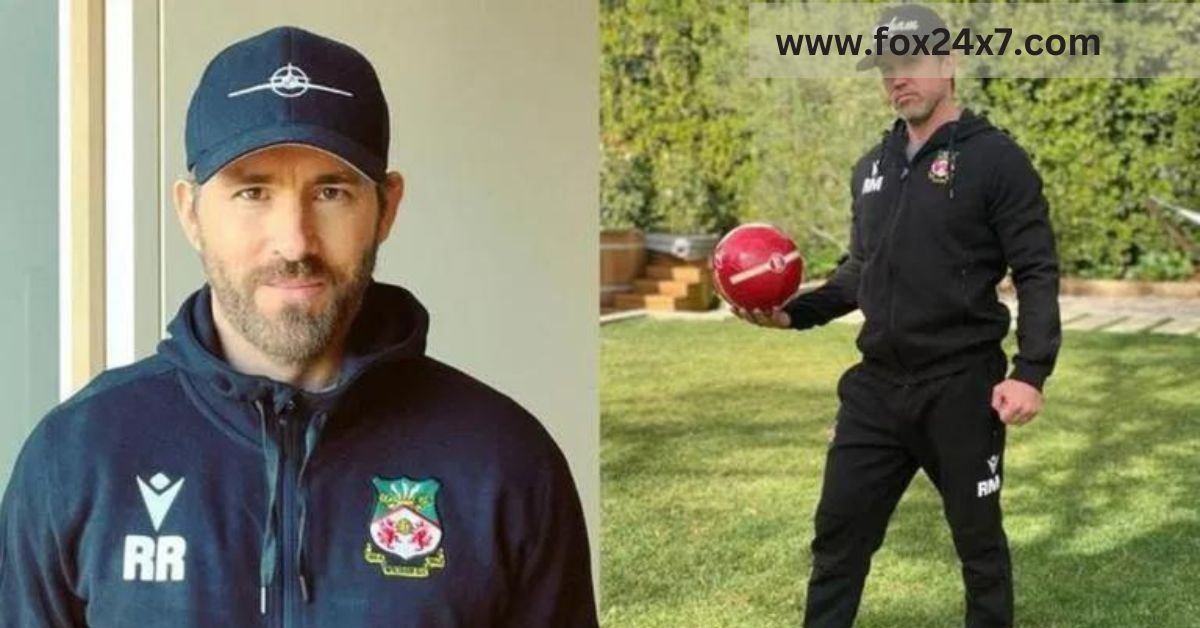Stephanie Mohr: On Wednesday, President Donald Trump pardoned a former Maryland police officer who served ten years in jail for police misconduct after her canine partner mauled a burglary suspect.
Stephanie Mohr, a former Prince George’s County police officer, was one of the dozens of people granted clemency by Trump in the final weeks of his presidency.
Trump has used his clemency powers in an unorthodox way, granted them to a number of pals, some of whom were convicted in cases involving the president, and in the process undermining his own Justice Department.
Stephanie Mohr Convicted In Police Brutality

This week, Trump granted clemencies to a number of people, including Paul Manafort, his former campaign chairman; Roger Stone, a longstanding ally; George Papadopoulos, a former campaign assistant; and Charles Kushner, the father of his son-in-law.
Trump also sparked outrage by pardoning four Blackwater security guards who were imprisoned in 2007 for a mass massacre in which 14 innocent Iraqi civilians were killed and 17 others were injured.
For Mohr, who has maintained her innocence throughout, the pardon represents a long-awaited end to a drama that has plagued her for the past 25 years.
“I’m experiencing a lot of emotions right now. It’s been a long, hard fight to get here. I’m so grateful, “Mohr remarked, her voice shaking when she learned of her pardon.
When she got the news Wednesday night, Mohr said she was travelling with her parents and significant other.
“It’s all about the clock. We’ve been through a lot together “Stan Mohr, Mohr’s father, stated.
Following the killings of George Floyd and Breonna Taylor, Mohr’s pardon comes amid a national reassessment on police brutality. However, Mohr, who is now 50, maintains that her actions did not constitute police brutality.
“Police brutality is a problem in our country,” she remarked. “I did not participate in that as a police officer.”
Alex Busansky, a former Justice Department lawyer who assisted in the prosecution of Mohr, wrote in an op-ed for the Washington Post that Trump’s pardon was “the most callous and inflaming” he had awarded “in a year that witnessed the execution of George Floyd.”
This wasn’t a fluke or a split-second error, Busansky wrote| Stephanie Mohr
It was an intentional and willful act of police violence. Mohr’s case stemmed from a civil rights investigation by the Justice Department into the Prince George’s County Police Department, which had been accused of police brutality.
Her conviction stemmed from an incident in 1995, when she was just starting out as a canine handler for the police.
She was one of several cops dispatched to a probable burglary in Takoma Park, Md., a suburb of Washington, D.C., where two guys were discovered on a building’s roof. According to Mohr, the neighbourhood had been undergoing a wave of burglaries at the time.
Trial testimony depicted a variety of scenarios about how the incident occurred.
The two suspects, according to the government’s version of events, obeyed police orders, climbed down to the ground with their hands raised, and did not attempt to leave.
However, after a brief talk with her training officer, Mohr released her dog without warning, biting one of the males in the thigh as police helicopters circled the area.
According to court documents, the two guys were not burglars, but rather homeless persons sleeping on the roof.
The man’s only crime, according to Busansky’s op-ed, was “finding a safe place to eat and sleep.” Mohr’s dog was released after her supervising officer questioned a sergeant, he answered “We have a new dog, Sarge. Is it okay if it catches a bite?”
Mohr stated that she told one of the males to raise his hands, but he didn’t, instead keeping his hands near his belt. She claimed she released her dog after one of the males attempted to flee, and she acted in accordance with her training.
“You never know what they’re going to do when they come down, was my mind process. They had three options: submit, flee which one of them attempted – or fight “Mohr explained.
My mind process was that I needed to be ready… We had no notion what was going on with them. We hadn’t approached them, touched them, or searched them in any way.”
Following a federal civil rights investigation into the Prince George’s County Police Department, Mohr and her training officer were both charged with civil rights violations and conspiracy five years after the incident. After a jury failed to reach a verdict on all charges during the first trial, they were tried again.
According to the Associated Press, then-Assistant US Attorney Steven Dettelbach remarked during one of the cases,
The cops purposefully, deliberately put a police dog on persons who were surrendering with their hands up.” “After that, the officers on the site followed a code of silence, refusing to discuss anything about what had happened that night.”
Dettelbach, who eventually became a federal prosecutor in Ohio and is now in private practise, did not respond to a request for comment.
It’s unclear whether the Justice Department suggested Mohr be pardoned or if the White House sought advice from the Office of the Pardon Attorney.
According to the Justice Department, recommendations on pending pardon petitions are kept private. A White House spokeswoman declined to comment on Mohr’s petition when contacted by USA TODAY.
The government presented evidence during Mohr’s second trial that depicted him as a troubled cop who had a history of targeting minorities.
Mohr threatened to have her dog come after “your black ass,” according to one witness who is black. Mohr said that she didn’t recognise the witness and only has a hazy memory of the incident.
She claimed in an interview with USA TODAY: “That couldn’t be more untrue. Those disgust and infuriate me… In my entire life, I have never used racially derogatory language.”
Following a two-week trial, Mohr was found guilty, but her training officer was found not guilty. She was given a 120-month jail sentence.
“She was serving a lengthy term… Personally, I believe it is harsh, extremely harsh “Margaret Love, who worked as the Justice Department’s pardon attorney under George H.W. Bush and Bill Clinton, said her pardon attorney. “Someone who received a terrible sentence could be resentful, but she isn’t and hasn’t been.”
In 2011, Mohr was freed from prison. She now works as a building inspector in southern Maryland’s St. Mary’s County.
She attempted to have her sentence commuted while incarcerated, but her request was denied. The Rev. James G. Kirk, Mohr’s pastor.
Described her as a “conscientious mother” who viewed individuals for who they are, regardless of race or origin, and without any prejudices or stereotypes, in a 2008 letter to the Justice Department in support of her commutation request.
Stephanie Mohr son
Adam Popielarcheck, Mohr’s son, was only a toddler when she was imprisoned, but he recalls his father waking him up early on Saturday mornings so they could drive to visit Mohr in prison.
He recalled questioning why they had to travel many hours to see his mother, why she wore a brown jumpsuit every time he saw her, and why they were constantly accompanied by guards.
“I sincerely hope you will allow my mother to return home. I miss mom to the moon and back, and I don’t think I’ll ever be able to replace her “Popielarcheck, now 21, supported Mohr’s commutation plea in a 2008 letter.
Popielarcheck also intends to work as a police officer.
Read Also :








![Buying the Dip: The Meaning And Its Importance [Markets Strategy] Buying the Dip](https://fox24x7.com/wp-content/uploads/2021/11/Buying-the-Dip--180x135.jpg)

























